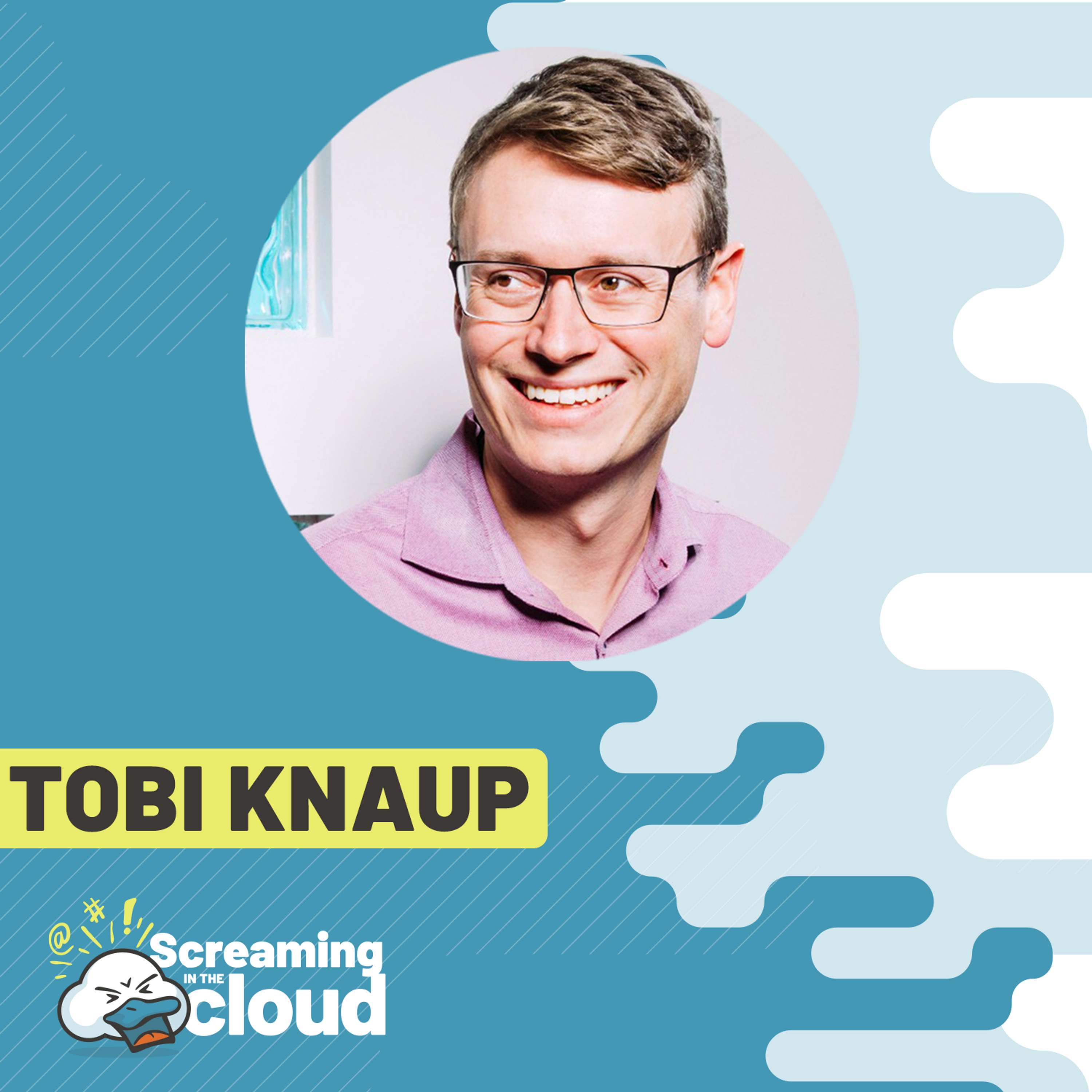
Replay - Multi-Cloud is the Future with Tobi Knaup

Screaming in the Cloud
Deep Dive
Why did Mesosphere rebrand to D2iQ?
The company name Mesosphere became a stumbling block as it focused on Apache Mesos, while the company expanded to include Kubernetes and other cloud-native technologies. The rebrand to D2iQ aimed to reflect their broader focus on day-two operations and enterprise success.
What role did the Kubernetes community play in its widespread adoption?
The Kubernetes community is credited with driving its adoption due to its large, active ecosystem. It provides resources for learning, talent recruitment, and innovation, which is faster and more extensive than any single vendor could achieve.
Why do companies still use Mesos alongside Kubernetes?
Mesos remains the platform of choice for large-scale deployments, particularly for enterprises with hundreds of thousands of nodes. It is better suited for scaling and automating data services like Kafka and Spark, which are not yet fully replicated on Kubernetes.
Is open-source a sustainable business model in the face of competition from cloud providers like AWS?
While open-source faces challenges from cloud providers offering managed services, there are opportunities to differentiate through hybrid and multi-cloud scenarios. Companies with edge computing or global regulatory needs can benefit from tools that provide a consistent experience across different infrastructures.
Why is multi-cloud considered the future?
Multi-cloud is seen as the future because it aligns with hybrid and global enterprise needs. Companies often require infrastructure in specific countries due to data privacy laws or prefer to handpick services from different providers. Multi-cloud allows for a consistent experience across various infrastructures.
What are the challenges of running Kubernetes in production?
Many companies underestimate the complexity of running Kubernetes in production. They assume Kubernetes provides all the tools needed, but additional components like monitoring, logging, networking, and load balancing are essential. The learning curve often becomes apparent when scaling or adding state to applications.
How does Tobi Knaup view the future relevance of Kubernetes?
Tobi believes Kubernetes will become a substrate, similar to how Linux is a foundational layer today. Most users will interact with higher-level APIs rather than directly with Kubernetes, just as they don't directly interact with the Linux kernel in daily operations.
Shownotes Transcript
On this Screaming in the Cloud Replay, we’re revisiting our conversation with Tobi Knaup, the current VP & General Manager of Cloud Native at Nutanix. At the time this first aired, Tobi was the co-founder and CTO of D2iQ before the company was acquired by Nutanix. In this blast from the past, Corey and Tobi discuss why Mesosphere rebranded as D2iQ and why the Kubernetes community deserves the credit for the widespread adoption of the container orchestration platform. Many people assume Kubernetes is all they need, but that’s a mistake, and Tobi explains what other tools they end up having to use. We’ll also hear why Tobi thinks that multi-cloud is the future (it is the title of the episode after all).
Show Highlights
(0:00) Intro
(0:28) The Duckbill Group sponsor read
(1:01) Memosphere rebranding to D2iQ
(4:34) The strength of the Kubernetes community
(7:43) Is open-source a bad business model?
(10:19) Why you need more than just Kubernetes
(13:13) The Duckbill Group sponsor read
(13:55) Is multi-cloud the best practice?
(17:31) Creating a consistent experience between two providers
(19:05) Tobi’s background story
(24:24) Memories of the days of physical data centers
(28:00) How long will Kubernetes be relevant
(30:18) Where you can find more from Tobi
About Tobi Knaup
Tobi Knaup is the VP & General Manager of Cloud Native at Nunatix. Previously, he was the Co-Founder and CTO of D2iQ Kubernetes Platform before Nutanix acquired the company. Knaup is an experienced software engineer focusing on large scale systems and machine learning. Tobi’s research work is on Internet-scale sentiment analysis using online knowledge, linguistic analysis, and machine learning. Outside of his tech work, he enjoys making cocktails and has collected his favorite recipes on his cocktail website).
Links
- Tobi’s Twitter: https://twitter.com/superguenter)
- LinkedIn URL: https://www.linkedin.com/in/tobiasknaup/)
- Personal site: https://tobi.knaup.me/)
Original Episode
Sponsor
The Duckbill Group: duckbillgroup.com)